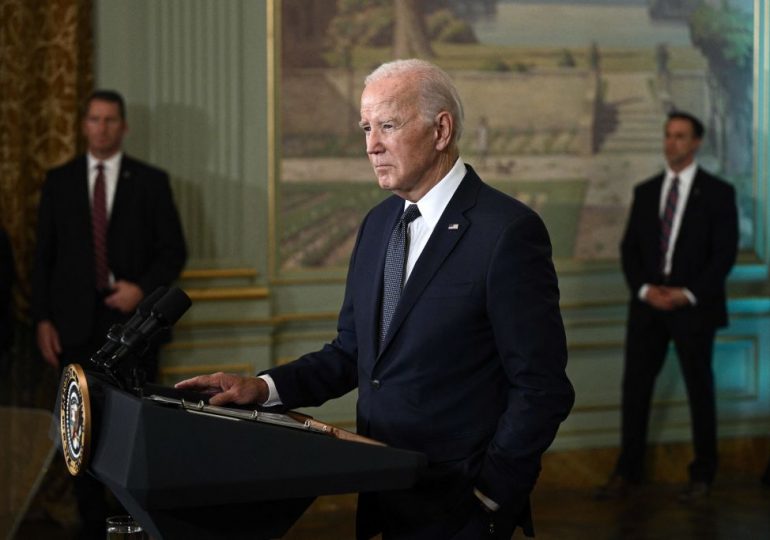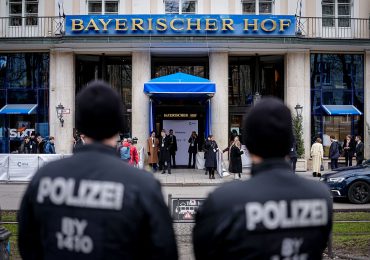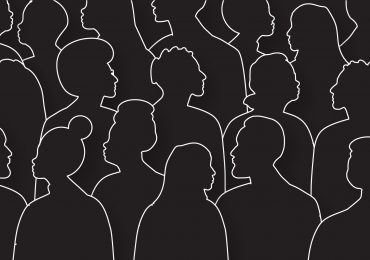After what seemed a productive meeting between U.S. President Joe Biden and Chinese President Xi Jinping in San Francisco on Wednesday, an offhand remark by Biden could set back the relationship that the two leaders were working to mend.
“After today, would you still refer to President Xi as a dictator?” a reporter asked Biden at the end of a post-summit briefing, referring to the President’s previous labeling of the Chinese leader that has incensed Beijing before.
[time-brightcove not-tgx=”true”]
“Well, look, he is. I mean he’s a dictator in the sense that here’s a guy who runs a country that is a communist country based on a form of government totally different than ours,” Biden responded.
Biden’s comments came just after he had praised the progress made during his talks with Xi, describing them as “some of the most constructive and productive discussions we’ve had.”
The two leaders, who met face-to-face for the first time in a year in a bid to repair the deteriorating relationship between their countries, agreed to restore military communications and to curb the flow of fentanyl from China to the U.S., though they did not reach agreements on other issues, including the future of Taiwan and the release of U.S. citizens detained in China.
Read More: Presidents Xi Jinping and Joe Biden Seek to Turn Back the Clock at San Francisco Summit
But Biden’s “dictator” comment could overshadow efforts made to cool tensions. Beijing has not yet responded to the remark.
It’s not the first time Biden has made similar references to his Chinese counterpart. In January last year, he said China and Russia were betting that the U.S. would “become more like them,” as in, he clarified, “a place for the autocrat, the dictator, the strongman.” Then, in April 2022, he listed China among countries that are “essentially dictatorships” during a speech at a Democratic fundraiser.
In November last year, Xi told Biden when the two met in Bali on the sidelines of the G20 summit that the “so-called ‘democracy versus authoritarianism’ narrative is not the defining feature of today’s world,” and that “China has Chinese-style democracy,” Chinese state media reported at the time.
Nevertheless, in June this year, Biden once again called Xi a dictator, explaining at a fundraiser in California that the reason why Xi was upset after the U.S. shot down a suspected Chinese spy balloon in U.S. airspace in February was because the Chinese President was caught off guard by the entire incident.
“That’s what’s a great embarrassment for dictators, when they didn’t know what happened,” Biden said.
In response, the Chinese foreign ministry called Biden’s remarks “extremely absurd and irresponsible” and “blatant political provocation,” saying that they “go totally against facts and seriously violate diplomatic protocol, and severely infringe on China’s political dignity.”
“With the latest irresponsible remarks about China’s political system and its top leader, people cannot help but question the sincerity of the U.S. side,” China’s embassy in Washington said in a statement at the time.
But Biden doubled down on his description of Xi and insisted it would not have a negative impact on U.S.-China relations. “I expect to be meeting with President Xi sometime in the future, near-term. And I don’t think it’s had any real consequence,” he said.
After Wednesday’s post-summit briefing, the White House has not offered any comment or clarification on Biden’s latest “dictator” remarks.
Leave a comment
















